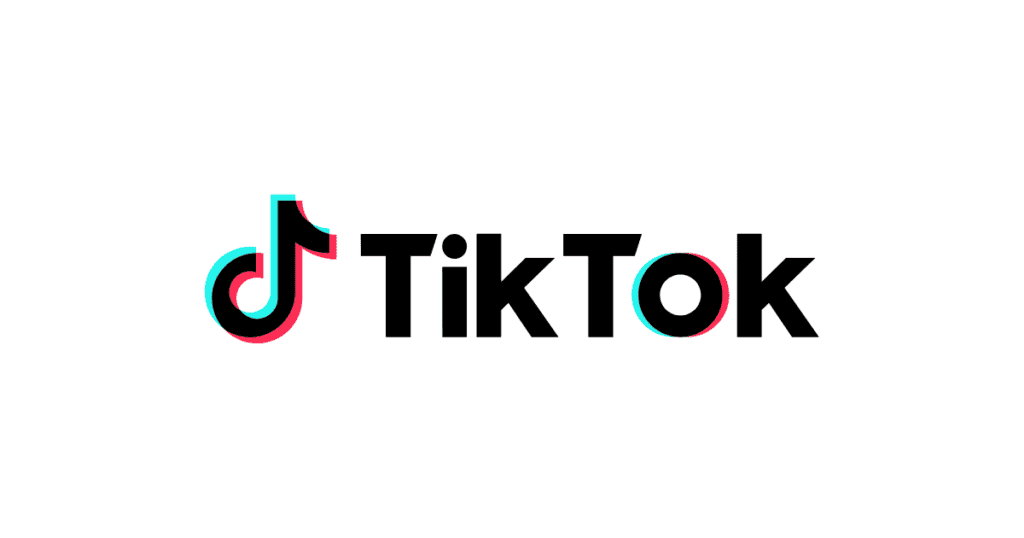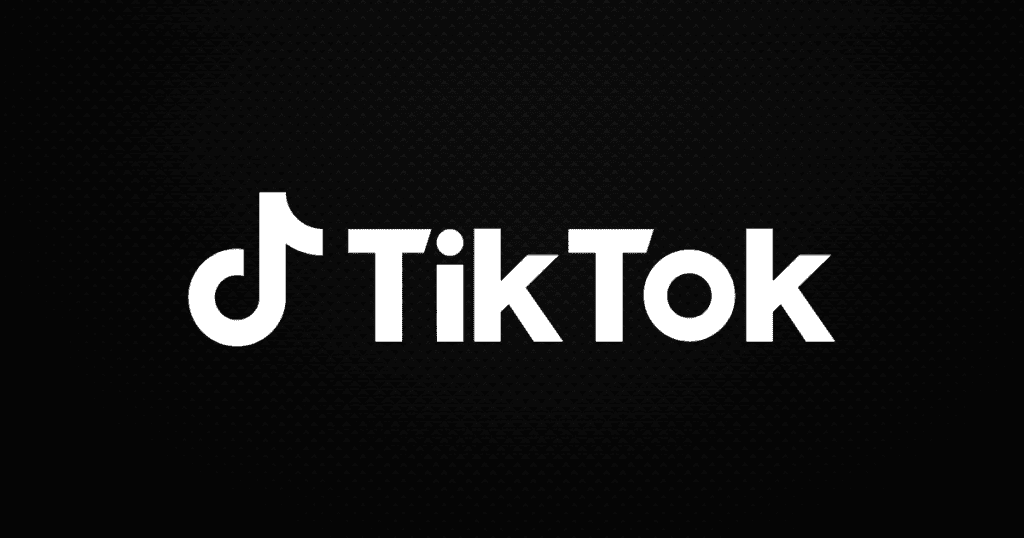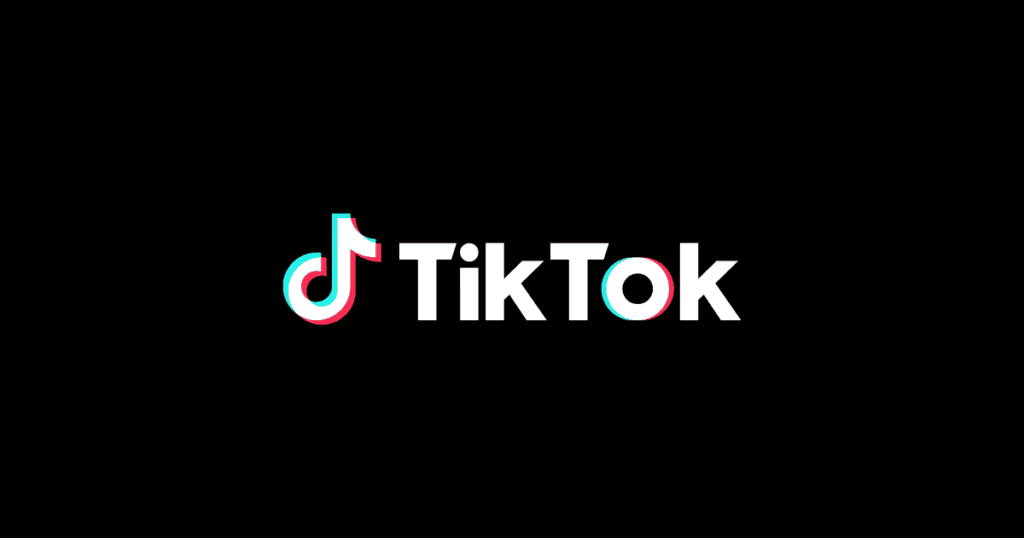The unfolding legal battle between TikTok and the U.S. government has captured widespread attention, especially as the Supreme Court prepares to review a landmark case. This decision could redefine the boundaries of digital expression, balancing national security concerns with First Amendment rights. With TikTok’s 170 million U.S. users at the center of this debate, the implications extend far beyond a single app, sparking conversations about the future of social media regulation in America.
Overview of TikTok’s Legal Action
In anticipation of a nationwide ban set for January 19, 2025, TikTok and its parent company, ByteDance, have taken a decisive step by filing an emergency appeal with the Supreme Court. This appeal seeks to halt the enforcement of a federal law that mandates TikTok’s shutdown unless ByteDance divests its ownership.
TikTok contends that the ban would cause immediate and irreparable harm to its user base and significantly impact content creators who rely on the platform for their livelihoods. The company also raises serious concerns about the violation of First Amendment rights, arguing that the law unfairly targets TikTok, stifling the free speech of millions of users.
This appeal follows a ruling by the D.C. Circuit Court, which upheld the ban, prioritizing national security concerns over TikTok’s constitutional arguments. A Supreme Court decision is expected by January 6, 2025, and its outcome could set a transformative precedent for the interplay of national security and digital free speech.
First Amendment Rights at Stake
Central to TikTok’s argument is the assertion that the ban infringes on the First Amendment rights of its 170 million U.S. users. In today’s digital age, platforms like TikTok have become essential for communication, creativity, and self-expression. The platform emphasizes that limiting access would suppress these freedoms for millions.
The D.C. Circuit Court’s earlier decision to uphold the ban was based on national security concerns, but TikTok argues that this rationale unfairly singles out the app. If the Supreme Court sides with TikTok, it could reinforce the importance of free expression in the digital realm. However, a ruling in favor of the government might indicate a growing trend where national security justifications override individual rights.
This pivotal case underscores the delicate balance between protecting national security and upholding constitutional freedoms, a challenge that has significant implications for everyone navigating the digital landscape.
National Security Concerns Explained
The federal law driving TikTok’s potential ban, known as the Protecting Americans From Foreign Adversary Controlled Applications Act, was enacted in April 2024. This legislation identifies TikTok and ByteDance as foreign adversaries, citing risks related to data privacy and potential content manipulation.
Proponents of the law argue that it’s a necessary measure to protect Americans from foreign influence. App stores and hosting services face hefty fines if TikTok continues to operate, showcasing the broad implications for the tech ecosystem.
The D.C. Circuit Court’s decision to uphold this law highlighted the need to prioritize national security. However, the case has also sparked debates about whether these measures disproportionately limit free expression, raising critical questions about the government’s authority over digital platforms.
The D.C. Circuit’s Ruling
In its ruling, the D.C. Circuit Court emphasized the government’s interest in safeguarding national security over TikTok’s claims of free speech violations. Senior Judge Douglas Ginsburg pointed out that the legislation’s focus on foreign adversaries reflects a strong regulatory stance, while Chief Judge Sri Srinivasan reinforced Congress’s authority to impose such restrictions.
Importantly, the court ruled that the law met the strict scrutiny test required for limitations on free speech. This sets a significant legal benchmark, suggesting that national security concerns can, under certain circumstances, justify restrictions on constitutional rights. As TikTok’s case advances to the Supreme Court, these issues remain at the forefront, shaping the debate over digital regulation.
Implications for User Freedoms
Beyond legal arguments, this case highlights broader concerns about user freedoms in the digital age. TikTok’s legal team argues that banning the platform infringes on the rights of its 170 million U.S. users, many of whom rely on it for personal expression, community building, and even income.
If the ban is enforced, it could set a precedent for the regulation of other social media platforms, raising alarms about the future of digital free expression. On the other hand, allowing TikTok to continue operating could reaffirm the importance of safeguarding individual rights against sweeping regulatory measures.
Potential Outcomes of the Case
As the Supreme Court deliberates, several potential outcomes could shape the future of digital regulation:
- Temporary Injunction: The Court may issue an injunction to delay the enforcement of the ban, allowing for a deeper examination of the case.
- Ruling in Favor of TikTok: A decision supporting TikTok would strengthen protections for digital free speech, potentially emboldening other platforms to challenge similar restrictions.
- Upholding the Ban: If the Court sides with the government, it could lead to stricter enforcement of regulations targeting foreign-owned platforms, prioritizing national security over individual freedoms.
Each outcome carries significant implications, not only for TikTok but also for the broader framework of social media governance in the U.S.
Reactions From Legal Experts
Legal experts have expressed a range of opinions on TikTok’s case, with many acknowledging its potential to reshape digital rights. Some argue that the ban represents a troubling encroachment on free speech, while others highlight the need to address genuine national security risks.
This case also raises broader questions about how legislative actions intersect with judicial review, particularly in the rapidly evolving tech industry. Regardless of the outcome, the decision is expected to influence future debates over the regulation of digital platforms and their role in society.
MacReview Verdict
As TikTok’s legal battle unfolds, the stakes extend far beyond the app itself, touching on critical issues of national security, free speech, and digital governance. Whether the Supreme Court sides with TikTok or upholds the ban, the ruling will have far-reaching implications for how social media platforms operate in America.
This case serves as a critical reminder of the complexities in balancing national security with individual freedoms. As we await the Court’s decision, one thing is clear: the outcome will shape the future of digital expression and set the tone for how the U.S. navigates the challenges of the digital age.




